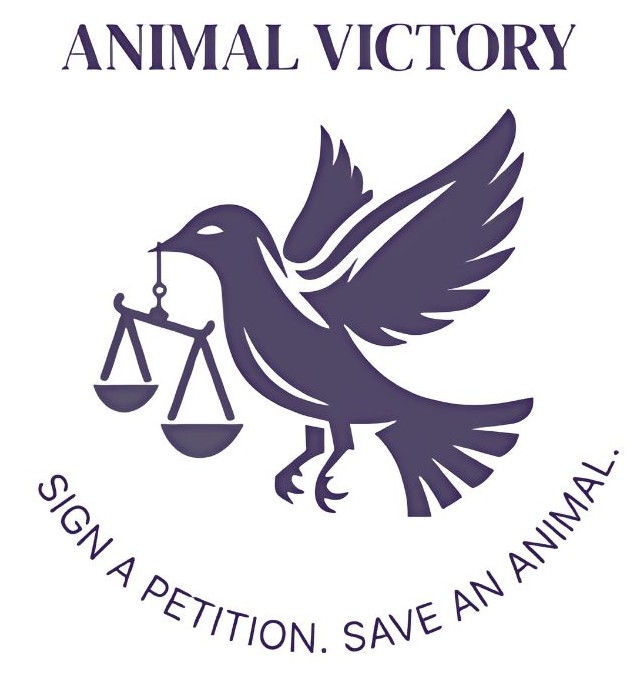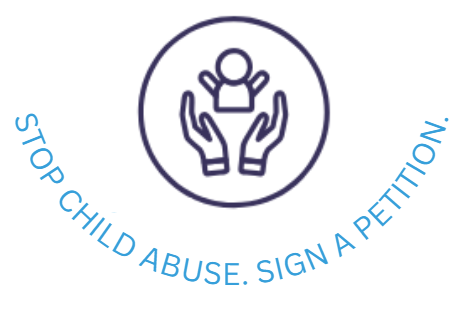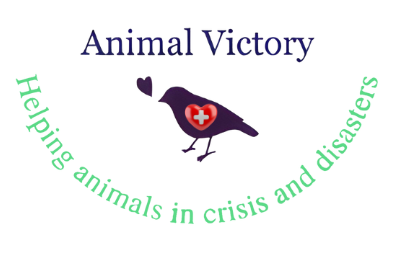(PACT) Preventing Animal Cruelty and Torture Act
Overview
The PACT Act is a historic federal law that allows federal prosecutors to pursue offenders for heinous acts of abuse when jurisdiction applies (for example, on federal property or where interstate commerce is implicated).
It established a national tool for prosecuting the most extreme cruelty—rather than leaving all enforcement solely to states with widely varying statutes and penalties.
What the law covers
The PACT Act makes it a federal felony to engage in—or attempt to engage in—certain extreme acts of cruelty, including:
- Crushing (inflicting serious bodily injury)
- Burning
- Drowning
- Suffocating
- Impaling
- Or otherwise subjecting animals to severe harm
The law also addresses the creation and distribution of certain cruelty video materials, closing longstanding loopholes in prior federal enforcement.
Penalties
Violators can face:
- Federal felony charges
- Fines
- Up to seven (7) years in federal prison per offense
Why it matters
Before the PACT Act, animal cruelty was handled almost entirely at the state level. This federal statute created a stronger national backstop for the most extreme cruelty and reinforced what many prosecutors and researchers already recognize:
serious animal abuse is often connected to broader violence.
Important exceptions
The Act does not apply to:
- Legal hunting, fishing, or trapping
- Veterinary care
- Humane euthanasia
- Animal agriculture (slaughter for food)
- Pest control
Exceptions and jurisdiction boundaries are detailed in the statute; enforcement can depend on federal jurisdiction requirements.
Why petitions are still necessary
Even with felony penalties in many jurisdictions, the laws—and how they’re enforced—vary widely. What qualifies as a “felony” in one state may be treated differently in another, and serious cases can be reduced through plea deals when courts are under-resourced.
Petitions apply public pressure where it matters most: on prosecutors, judges, and decision-makers responsible for accountability.
That’s where our petitions come in. They are not just signatures—they are tens of thousands of voices demanding that cruelty is prosecuted at the strongest level allowed by law.
- Provides a federal framework that helps reinforce accountability in the most extreme cruelty cases
- Strengthens petitions calling for serious consequences when cruelty is minimized
- Supports advocacy by recognizing animal cruelty as a serious crime with public safety implications
PACT Act & “Animal Crush” materials
The PACT Act and related federal provisions address certain cruelty video materials. Importantly, federal law includes explicit safeguards and exceptions for legitimate contexts such as law enforcement, reporting, political/advocacy campaigns, and educational purposes.
This page is informational and intended for advocacy and education. For exact statutory language and exceptions, reference the links in the Sources section below.
Sources & citations
PACT Act (Congress bill page)
Congress.gov — H.R. 724
18 U.S.C. § 48 (statutory text + exceptions)
Cornell Law School (LII) — 18 U.S.C. § 48
Why the PACT Act Doesn’t Apply to Every Case
The PACT Act is a federal law, but it does not automatically apply to every animal abuse case. Most cruelty cases are handled under state and local law, and federal jurisdiction typically requires specific legal triggers.
A lot of people assume that once it passed, it would be used in the majority of abuse cases but unfortunately, it’s much more limited than it sounds. The PACT Act only applies in very specific federal situations (like crimes on federal property or involving interstate activity). Most cruelty cases, even the most horrific ones, end up being handled at the state level because federal prosecutors rarely step in unless those boxes are clearly checked.
Key takeaway: What qualifies as a felony in one state may be charged as a misdemeanor elsewhere, and an abuser’s prior record
(plus evidence of intent) can significantly affect what prosecutors can pursue.
Why outcomes differ by jurisdiction
- Federal vs. state authority: The PACT Act is federal; most cases remain state/local unless a federal basis exists.
- Jurisdictional triggers: Federal prosecution generally requires a nexus such as interstate activity, federal property, or other federal jurisdiction.
- Different felony definitions: States vary widely on what “aggravated cruelty,” “torture,” or “malice” means legally.
- Prosecutorial discretion: Charges depend on evidence strength, statutory requirements, and likelihood of conviction.
- Prior record matters: Repeat offenders may face enhancements; first-time offenders may be charged under lower tiers.
- Intent requirements: Many felony statutes require willful or malicious intent—neglect or recklessness can be harder to charge as a felony.
- Scope of covered acts: The PACT Act targets specific acts (e.g., torture/crushing/burning/suffocation/sexual exploitation). Other cruelty may not fit its definitions.
- Enforcement constraints: Federal agencies prioritize limited cases; many qualifying matters still proceed at the state level.
Bottom line: The PACT Act is an important tool, but accountability often depends on local statutes, evidence standards,
criminal history, and whether federal jurisdiction is legally available.










